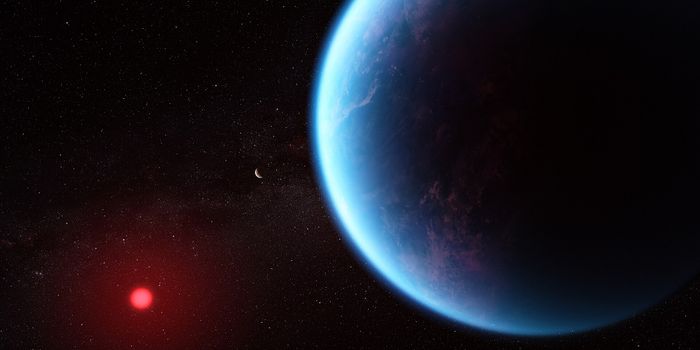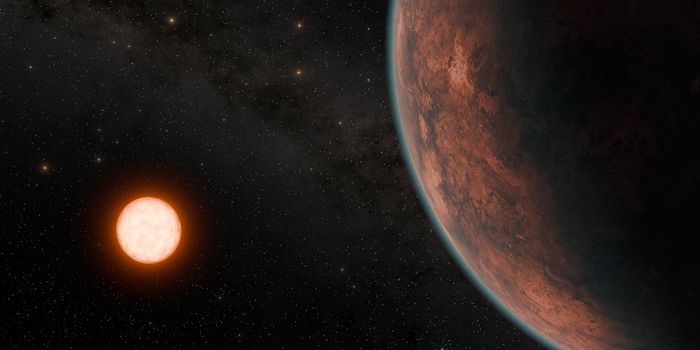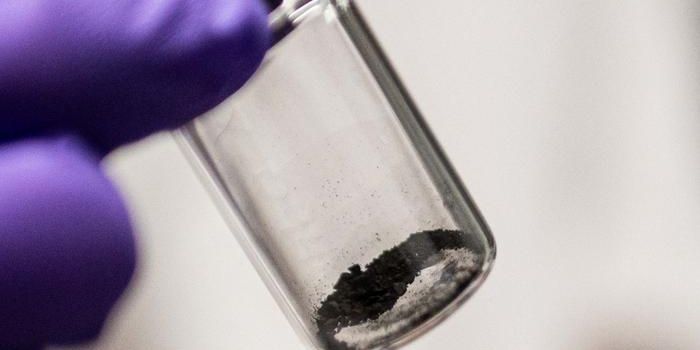Arctic Could Be "Practically Ice Free" Before 2050
The Intergovernmental Panel on Climate Change’s (IPCC’s) recent physical climate science report details the potential extent of future ice loss in the Arctic. The report constitutes a culmination of climate science research and presents a comprehensive look at the current global climate situation. A key part of this situation is the status of the polar regions, especially their land and sea ice. As global temperatures rise, this ice melts and causes significant sea level rise.
The report notes that both of the world’s major ice sheets, Antarctica and Greenland (the Arctic), have been “losing mass since at least 1990,” and will likely continue to lose mass. This projected ice loss is significant enough that the report concludes, under all considered future emissions scenarios, “the Arctic is likely to be practically sea ice free in September at least once before 2050.” While “at least once” may take away some of the sting, an ice-free Arctic of any kind is a frightening prospect. The single-time solace also disappears if we do not consider the best-case possibilities: mid- and high emission scenarios will have the summer Arctic practically ice free, each year, near mid-century.
The Arctic especially suffers from our emission-based global warming not only because it is such a unique ecosystem, but also because it warms at a much higher rate than the rest of the world. It is estimated that the Arctic has warmed over twice as fast as the global average over the past 50 years, and the IPCC’s Polar Region Fact sheet states that it is “virtually certain” that a higher rate of Arctic warming continues.
As the world continues to warm, the Arctic will continue to lose both land and sea ice, along with experiencing permafrost thawing and snow cover loss. The latter effects themselves exacerbate further temperature increases; warming begets more warming. The IPCC report and others like it continue to give us unobstructed insight into our rapidly changing climate. With such dire predictions becoming more real with each day, our corresponding action and response need to match the severity and certainty of our scientific findings.
Sources: IPCC SPM; IPCC Factsheet
Image Sources: Annie Spratt









